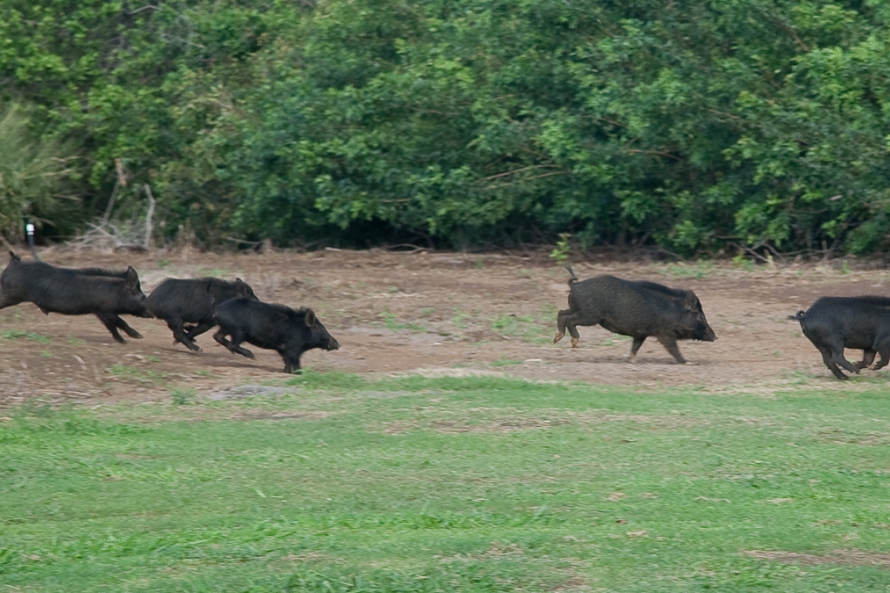Ministry of Agriculture Jānis Duklavs told Latvian Public Radio Friday that emergency budget funding will have to be sought to cover the costs of eliminating the disease, which include culling the livestock and wild boar populations, compensating affected farmers and other measures. He declined to specify any amounts, as the scope of the outbreak has yet to be determined, but confirmed the Agriculture Ministry does not have sufficient funding to divert toward the veterinary health crisis. “We can only hope this virus is contained,” said Duklavs, in concern for the possible impact of the outbreak on pork exports.
Latvian Swine Breeders’ Association director Dzintra Lejniece assured the press that pork producers are working in close cooperation with the authorities and that “for now the situation is under control,” and that all meat products are properly inspected before being released for consumption.
The veterinary authority’s spokeswoman Anna Joffe confirmed that three wild boar and three domestic pigs in Kraslava district had tested positive for African swine fever after their carcasses were discovered by the Latvian Border Guard. The dead animals have been burned and quarantine zones established, including a three-kilometer protection area and ten-kilometer monitoring zone surrounding the affected farm. State institutions and non-governmental organizations have agreed on massive culling plans for hunting out all of the 66000 wild boar estimated to be in the area’s woods.
The Food and Veterinary Service has been monitoring the territory since October 2012, when several cases of classical swine fever were confirmed and restrictions imposed on the live pig and pork trade, transport and meat processing facilities in the area. Chief of the service Maris Balodis told business news portal Nozare.lv that Latvia’s neighbors and European authorities are being kept informed about the ongoing inspection, disinfection and protection efforts.
These are the first cases ever of African swine fever to be confirmed on Latvian soil. However the risk of an outbreak was considered to be high since the virus had already been detected in Poland, Belarus, Russia and Lithuania in January of this year. African swine fever is so closely similar to classical swine fever that only laboratory testing can tell them apart. Vaccination is possible only against classical swine fever, but not the African strain. Both diseases cause pigs and boar to lose weight, swell up, and suffer widespread ulcerous bleeding all within days of showing initial flu-like symptoms, then followed by rapid coma and death. Neither of the swine fever viruses is harmful to humans.























